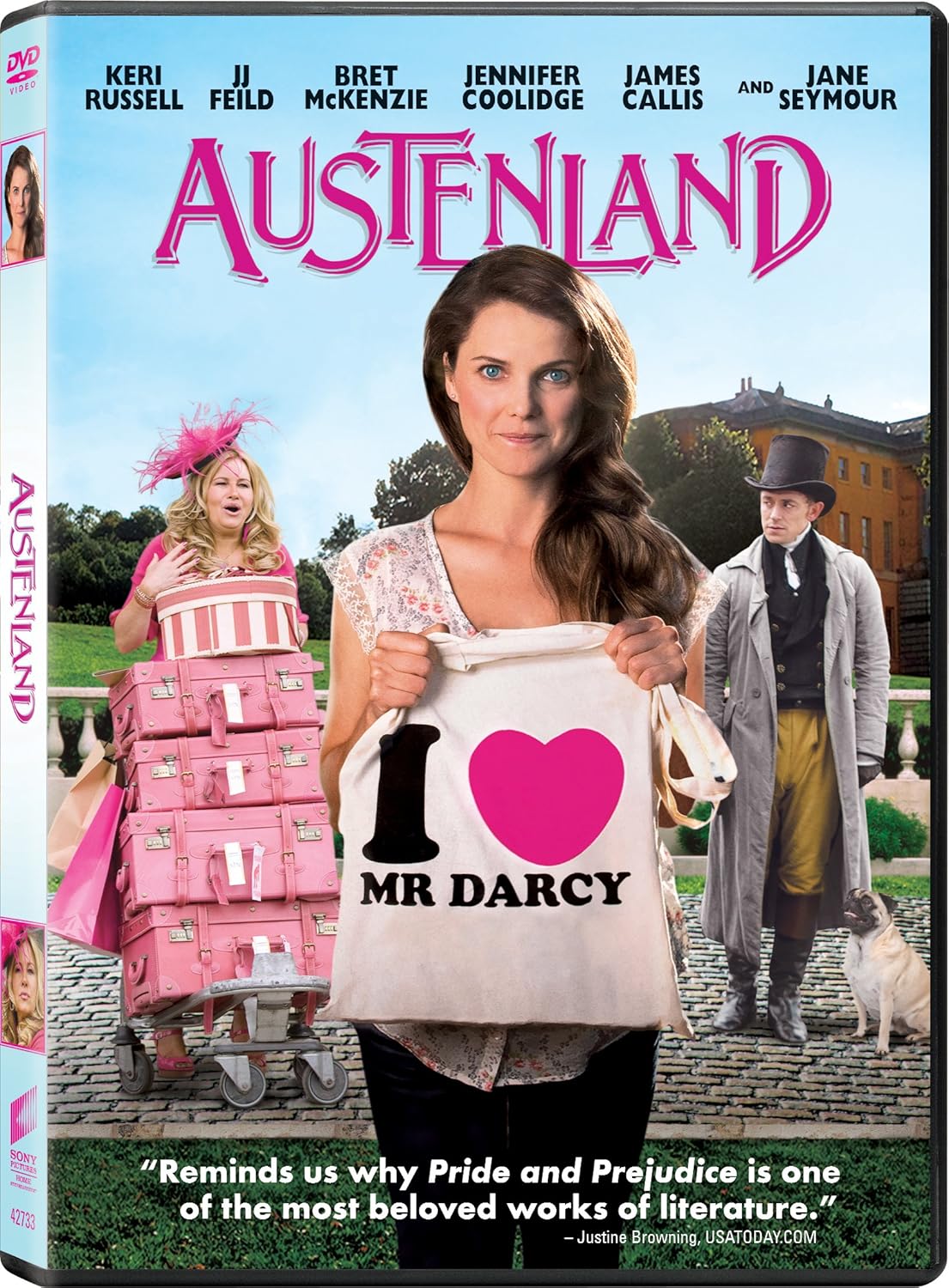 |
| Mr. Collins in the 1995 miniseries of Pride and Prejudice. |
So, one day, I recalled my junior year British Literature class in high school. We were reading Pride and Prejudice (something which I had already done, so I needn't worry -- I aced all my pop quizzes with little trouble) and we came upon the subject of Mr. Collins and how, interestingly enough, Jane Austen's own father was a clergyman. One of the students remarked that because of the representation of clergymen in Mr. Collins, Jane Austen must not have had a very good opinion of the profession.
I didn't say anything.
I probably could have. Should I have? Maybe. But nevertheless, I didn't. How could someone make an assumption on Jane Austen's opinion of clergymen based upon one character in one of her books? That would be like throwing out a notebook because of of the pages is ripped, right?
Clerical Observations
While we can't ask Jane herself what her opinion of clergymen was exactly, we can speculate what it could be. If you delve into Jane Austen's life a little bit, you will find that she was close to her father (a clergyman), attended Church regularly, and even wrote prayers. From this information, we can deduce that she was religious and followed the teachings of the Anglican Church, something that probably wouldn't happen if she didn't respect her father or his occupation. And through her father, she probably would have seen plenty of his colleagues (other clergymen) and, as she did with everyone, observed their behaviors, both good and bad. It's possible these good and bad observations made it into her books as various characters who are apart of the clergy.
Clergymen in Austen's Novels
 |
| Mr Elton in the 2009 miniseries of Emma. |
- Mr. Elton is a fortune hunter and spiteful. He certainly isn't friendly with Emma after she rejected his marriage proposal, and let's not forget at the Highbury ball when purposely and obviously snubbed Harriet Smith for a dance as a way to humiliate both Harriet and Emma; not the actions of a gentleman to be sure.
- Dr. Grant is glutton (ironically, one of the seven deadly sins) who argues with his wife a lot (leaving his half-sister-in-law, Mary Crawford, to gain a bad opinion of clergymen altogether).
 |
| Henry Tilney in the 2007 TV Movie Northanger Abbey |
- Edmund Bertram, despite his faults and the fact that he tends to be an unpopular hero, is a decent, moral, and honorable man. He was kind to his cousin, Fanny, when she first came to Mansfield Park when no one else was.
- Henry Tilney has a good sense of humor, was witty and a good brother, and is kind to Catherine.
- And Edward Ferrars, despite his faults as well, was still an honorable man. Even though he fell in love with Elinor and was no longer in love with Lucy Steele, he still kept his promise to Lucy. Even though he wasn't a clergyman until the epilogue, I'm going to include him in this list.
How Did We Get Here?
 |
| The Mr. Collins Wave |
What do you think? Do you think the popularity of Pride and Prejudice and Emma are what leads casual Jane Austen fans to think Jane had a low opinion of clergymen? Or is there another issue? Have you noticed similar sentiments about Jane Austen's view of clergymen? Leave comments!
God Bless,








































